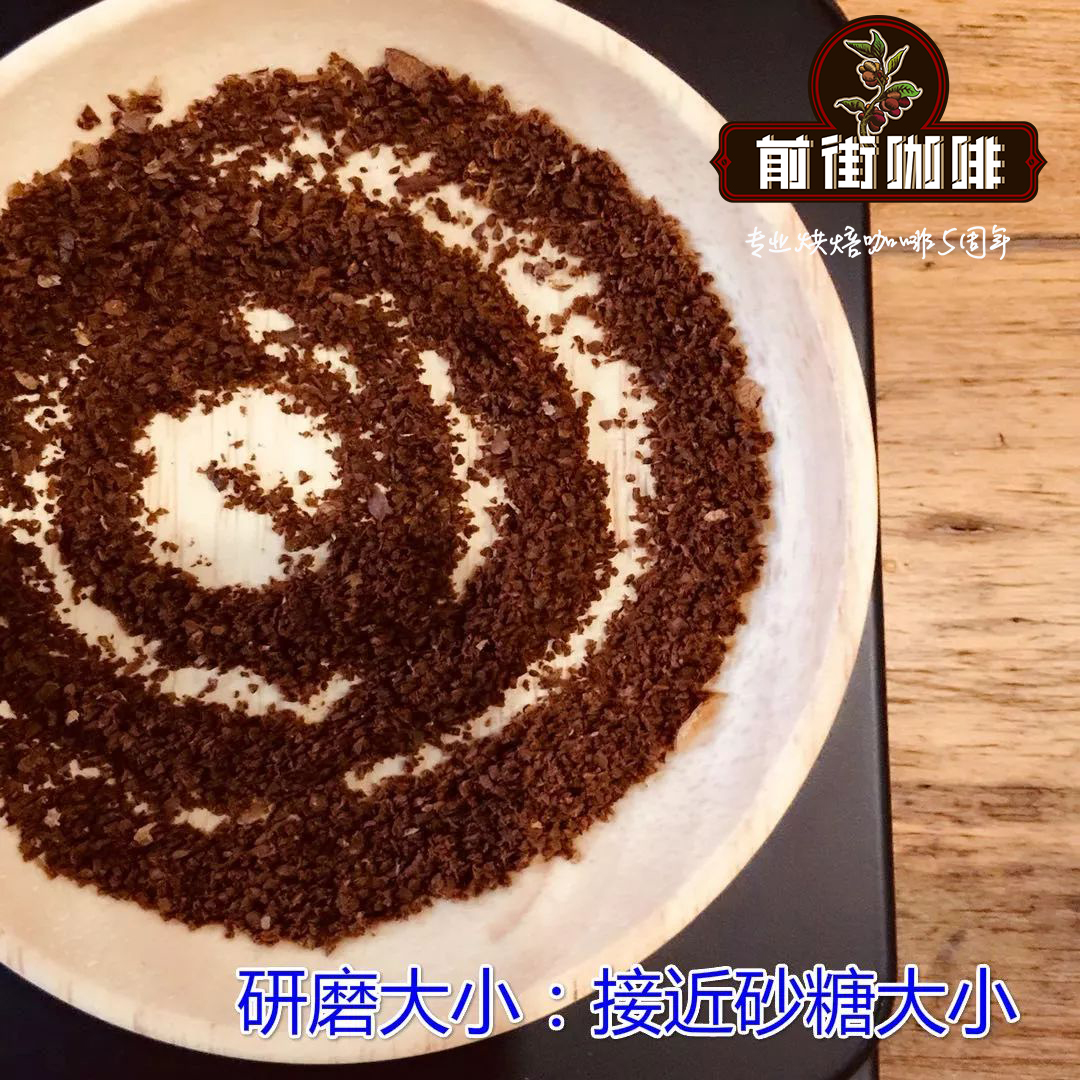Kilimanjaro Coffee how to evaluate the benefits of drinking Kilimanjaro coffee?

Professional coffee knowledge exchange more coffee bean information please follow the coffee workshop (Wechat official account cafe_style)
Tanzania Kilimanjaro Coffee-composition and Evaluation
Composition
Raw beans: raw beans are unbaked beans, which contain 11.5% fat; 11.5% moisture; 28.6% crude fiber; 4.0% minerals; 6.2% tannic acid; 1.3% caffeine; 17.0% essence; 8.1% sugar; 11.8% protein.
Baked beans: baked beans, which contain 13.0% fat; 1.5% caffeine; 29.5% crude fiber; 2.6% moisture; 5.0% minerals; 4.2% tannic acid; 29.4% essence; 2.0% sugar; 12.8% protein.
Product evaluation standard
Taste-smooth, rough, etc.
Particles-too light, too heavy, etc.
Acidity-slightly sour, over-acidic in the upper part, etc.
Freshness-- from old to fresh
Defects-acidic, grassy, moldy, etc.
Coffee cups-fiber baked, washed, burned, old cups, etc.
Overall assessment-peaceful, rich, bitter, etc.
Fragrance-- from weak to strong
Fullness-not full enough to be quite full
6 Tanzania Kilimanjaro Coffee-points for attention
Coffee is recognized as a healthy drink, but drinking coffee must be reasonable and scientific in order to be beneficial to health. Having a drink after getting up in the morning is a wake-up call. A light sip at work during the day can refresh you, and the coffee can be a little stronger. It is advisable to drink coffee slightly after dinner or in the evening. Both coffee and tea have refreshing effects, but they are not suitable for drinking during meals and should be drunk after meals. Some friends like coffee very much, but they are afraid that they will get angry if they drink it often. We often see many people order coffee, this way of drinking coffee is not easy to be healthy. Should be served with a cup of white water when tasting coffee, this has two advantages: first, drink a mouthful of white water before tasting coffee, flush away the bad smell in the mouth, and then taste will feel mellow. Second, due to the diuretic function of coffee, drink more white water to improve urination and promote renal function. In this way, not only taste the delicious coffee, but also do not have to worry about getting angry, it is really killing two birds with one stone. When it comes to coffee, people will think of caffeine. Caffeine is a softer stimulant in coffee, which can improve the body's sensitivity, attention, metabolism, mental state and physical fitness. At present, caffeine has been found in about 60 plant species, of which tea and coffee are the best known. Coffee contains caffeine, and whether there is any response to caffeine varies from person to person. For example, some people are allergic to pollen, while others are not suitable for eating seafood. And these two situations will not have any effect on most people like you and me. How much coffee you drink every day is not too much. People often ask, how much coffee is too much? In some large coffee-consuming countries, people consume an average of about 250 to 600 milligrams of caffeine a day. After repeated scientific research and analysis, this dose does not have any side effects on the human body.
People who are not suitable for drinking coffee:
Suffering from high blood pressure, coronary heart disease, arteriosclerosis and other diseases-long-term or heavy consumption of coffee can cause cardiovascular disease. Older women-Coffee reduces calcium and causes osteoporosis. After menopause, women need to add ten times the amount of calcium every day. People with stomach problems-drinking too much coffee can worsen stomach problems. Pregnant women-drinking too much coffee can lead to fetal malformation or miscarriage. People with vitamin B1 deficiency-vitamin B1 can maintain the balance and stability of the nervous system, and coffee has a destructive effect on it. Cancer patients-drinking too much coffee is at risk of cancer to normal people.
What the elderly should pay attention to when drinking coffee:
l. It is not suitable to drink too much espresso coffee can speed up the heartbeat, cause premature beats, arrhythmia and excessive excitement, insomnia, etc., thus affecting rest and recovery of physical strength.
two。 Elderly people with arteriosclerosis, high blood pressure and heart disease should not drink coffee. Studies have shown that drinking coffee in patients with heart disease can increase the incidence of myocardial infarction.
3. The elderly with ulcers should not drink coffee to stimulate the secretion of gastric acid, and gastric acid can cause the aggravation of ulcer, leading to pain, bleeding and so on.
4. Do not drink coffee after drinking because caffeine can increase the damage caused by alcohol, sober up with coffee after drinking, which is harmful to health.
END
Important Notice :
前街咖啡 FrontStreet Coffee has moved to new addredd:
FrontStreet Coffee Address: 315,Donghua East Road,GuangZhou
Tel:020 38364473
- Prev

Is Kilimanjaro coffee expensive? how much is a cup of Kilimanjaro coffee?
Professional coffee knowledge exchange more coffee bean information please follow the coffee workshop (Wechat official account cafe_style) Tanzania Kilimanjaro coffee brewing method introduction Tanzania Kilimanjaro coffee is mainly suitable for blending, can be prepared or made into a variety of fancy coffee. Individual production: brewing: to brew a good cup of coffee, except for fresh coffee
- Next

Flavor characteristics of Kilimanjaro coffee taste Tanzania Kilimanjaro coffee hand brewing parameters
Professional coffee knowledge exchange more coffee bean information Please pay attention to the coffee workshop (Wechat official account cafe_style) Africa is not only a paradise for wild animals, but also a paradise for coffee lovers, a large number of high-quality, lively and unrestrained coffee beans, are produced in this land full of vitality. This Tanzanian Kilimanjaro coffee bean is from Mount Kilimanjaro, the highest peak in Africa.
Related
- Does Rose Summer choose Blue, Green or Red? Detailed explanation of Rose Summer Coffee plots and Classification in Panamanian Jade Manor
- What is the difference between the origin, producing area, processing plant, cooperative and manor of coffee beans?
- How fine does the espresso powder fit? how to grind the espresso?
- Sca coffee roasting degree color card coffee roasting degree 8 roasting color values what do you mean?
- The practice of lattes: how to make lattes at home
- Introduction to Indonesian Fine Coffee beans-- Java Coffee producing area of Indonesian Arabica Coffee
- How much will the flavor of light and medium roasted rose summer be expressed? What baking level is rose summer suitable for?
- Introduction to the characteristics of washing, sun-drying or wet-planing coffee commonly used in Mantenin, Indonesia
- Price characteristics of Arabica Coffee Bean Starbucks introduction to Manning Coffee Bean Taste producing area Variety Manor
- What is the authentic Yega flavor? What are the flavor characteristics of the really excellent Yejasuffi coffee beans?

